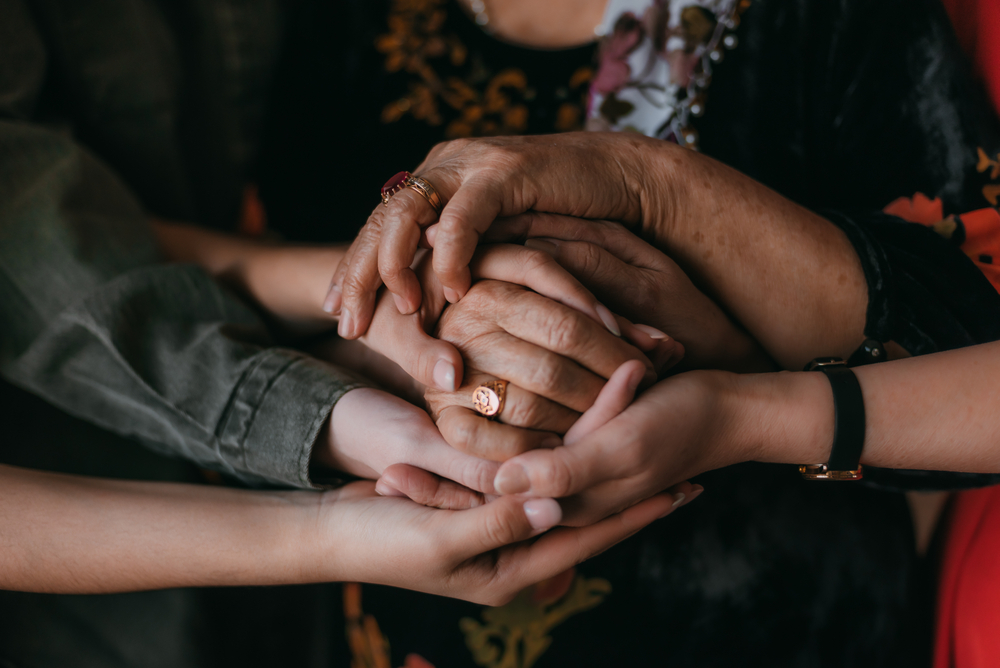- No country’s human rights record is uncontested, and democracies are not exempt. There is mounting concern that democracies are failing to meet their public’s expectations, with some electorates looking towards populist parties. A greater number of authoritarian governments have taken control in recent years than twenty years ago, with resultant curtailment of human rights. To understand these developments from a human rights perspective there needs to be better analysis, listening to and engagement with popular concerns. How can human rights be shown to correspond better to societies’ expectations, and have a meaningful and concrete impact on people’s lives? Issues of economics, poverty and inequality are inevitably priorities. Importantly, the Office of the High Commissioner for Human Rights (OHCHR) is developing the concept of a ‘human rights economy’, whereby human rights principles and obligations should be incorporated into economic decision-making. OHCHR should be supported in this work. Further thought must be given to how best to communicate to people the role human rights can play as a pathway towards economic well-being and addressing inequalities, underlining the indivisibility of rights. Human rights principles should be integral to access to public services and social protection. There is a clear need to build and broaden a political constituency for human rights by speaking to people in accessible language.
“How can human rights be shown to correspond better to societies’ expectations, and have a meaningful and concrete impact on people’s lives?”
- Closing of civic space occurs incrementally, often through the passage of law, and needs to be tackled early. The LGBTQI community has, for example, been criminalised in parts of the world. Organisations defending these rights must concentrate on their own survival and cannot be proactive in defence of their rights. Civic space further closes when organisations appear to retreat and, in a defensive mode, organisations lose the capacity to set and advance their strategies. There is a sliding process of deterioration to the rule of law.
- Perhaps less visible though no less effective, civic space is also constrained by corporations through the widespread use in recent years of strategic lawsuits against public participation (SLAPP) in all parts of the globe. These threaten the right of those challenged, often environmental campaigners and other human rights defenders, to bring matters of public interest to wider attention. Successful suits can impose significant fines and criminal sanctions. As a tactic, the use of SLAPPs deters others from speaking out and has a broader intimidating effect on society.
“civic space is also constrained by corporations through the widespread use in recent years of strategic lawsuits against public participation (SLAPP)”
- A similar impact of silencing advocacy is achieved by the recurrent reprisals in their home countries against human rights defenders who testify at the United Nations, both in New York and Geneva, especially women and LGBTQI people.
- Against this background, human rights defenders, including those in marginalised communities, continue to face sustained attacks, torture, and killings.1 In some of the most acute situations, there is little or no access to accurate data about these abuses. In crisis situations, human rights activists may feel abandoned by the international community, both governmental and non-governmental.
- Without accountability for acts of torture and killings impunity prevails. There should be a proactive stance against impunity, without exceptions, and support for the International Criminal Court and other accountability bodies. Reporting on torture and killings is essential, naming names and citing situations. Governments remain sensitive to such accusations, and the international community must not shy away from seeking accountability.
“human rights defenders, including those in marginalised communities, continue to face sustained attacks, torture, and killings”
- While governments are primarily obligated to respect and protect human rights, other sectors of society, in particular business, can exercise an increasingly important role by operating in a manner compliant with international standards. With the endorsement in 2011 of the UN Guiding Principles on Business and Human Rights (UNGP) a set of guidelines was established for states and companies to prevent, address and remedy human rights abuses committed in the conduct of business. The UNGP specify the state’s duty to protect human rights, the corporate responsibility to respect human rights, and access to remedy for victims of business-related abuses. Yet the UNGP constitute a floor only for human rights protection, and not a ceiling. They direct voluntary action and regulation. Even on this basis, while some companies have made much progress in adapting their procedures and practice in accordance with the UNGP, many have yet to do so.
“other sectors of society, in particular business, can exercise an increasingly important role by operating in a manner compliant with international standards”
- A recent development, in the EU framework, is seen as a game-changer for regulating business conduct if it is adequately enforced. The corporate sustainability due diligence directive (CSDDD) aims to foster sustainable and responsible corporate behaviour and to anchor human rights and environmental considerations in companies’ operations and corporate governance. Large businesses will need to address adverse impacts of their actions, including in their subsidiaries, and those carried out by business partners, inside and outside Europe. It furthermore provides penalties and civil liability for infringing these obligations. Monitoring and implementing this directive will inevitably be challenging. Whether it will provide inspiration for other regions is also an open question at present. There is concern that the directive will be seen by some as an instrument of EU protectionism, and strong civil society support for the initiative would be useful. The CSDDD needs champions if it is to succeed. It is suggested that EU human rights ambassadors may play a role in this respect.
- In 2022 alone, over 400 human rights defenders were killed because of their human rights work – and this is just the number of confirmed killings, Protecting human rights defenders at risk: EU entry, stay and support, European Union Fundamental Rights Agency, 11 July 2023
